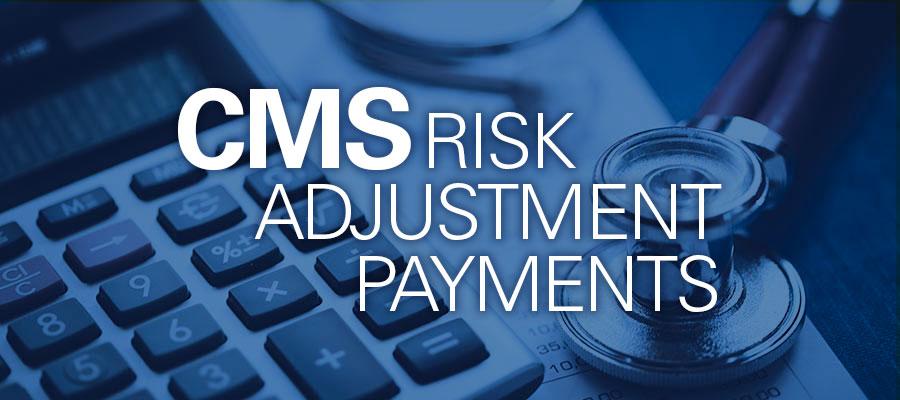CMS Urged to Reconsider Decision to Suspend Risk Adjustment Payments

Twenty-eight health care organizations, including the AHA, yesterday urged the Centers for Medicare & Medicaid Services to reconsider its decision to suspend $10.4 billion in risk adjustment transfers to insurers for 2017 until certain litigation is resolved. “We are very concerned that this move will create further uncertainty in the marketplace, negatively impacting patients’ access to affordable and comprehensive coverage, and lead to higher premium increases next year,” the organizations wrote. In February, a federal district court in New Mexico invalidated CMS’s use of the statewide average premium in the risk adjustment transfer formula for the 2014-2018 benefit years, pending further explanation of the agency’s reasons for operating the program in a budget neutral manner in those years. The groups urged CMS to seek other possible options to resolve the issues raised by the litigation. “For example, CMS could issue an expedited rule using the same rationale it used for the risk adjustment payment methodology in the final rule on Notice of Benefit and Payment Parameters for 2019,” they said.

